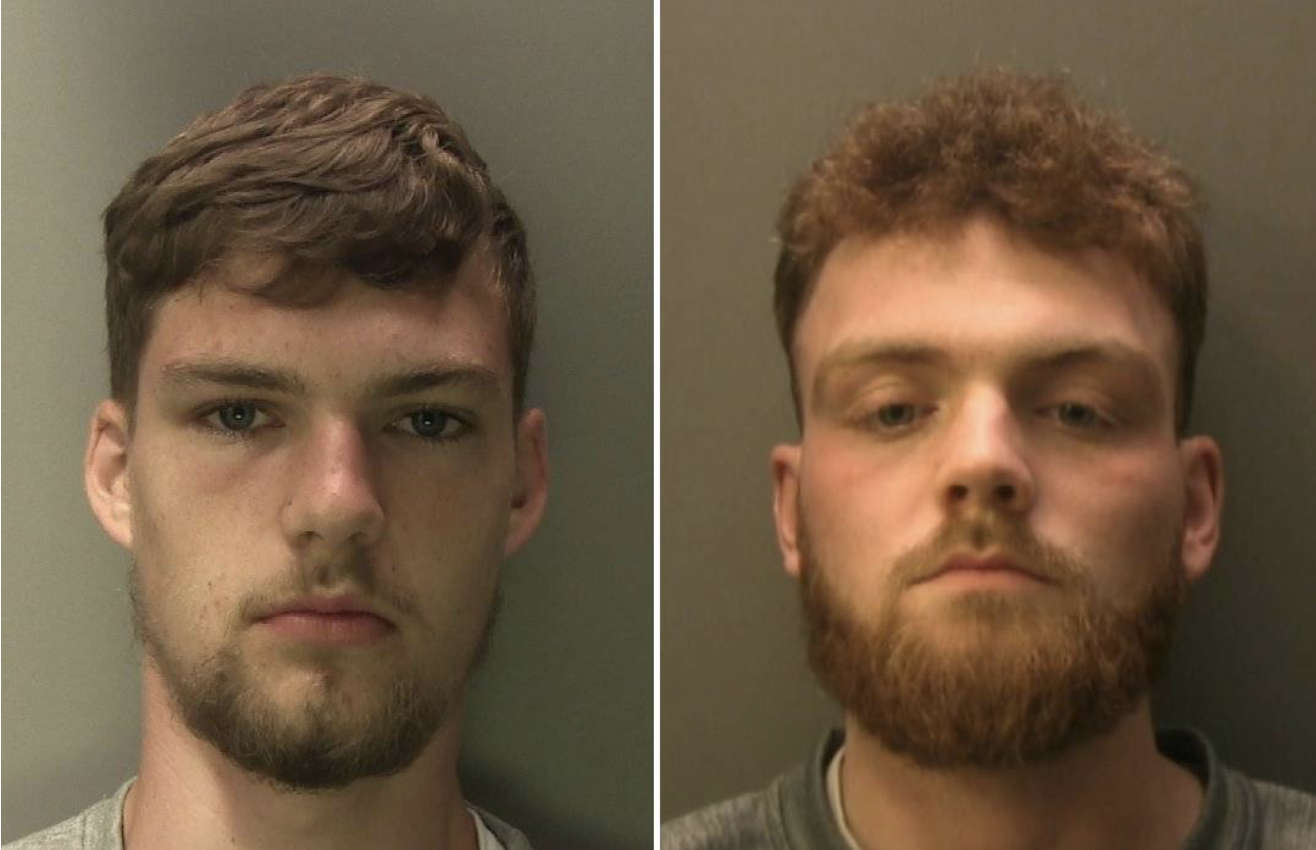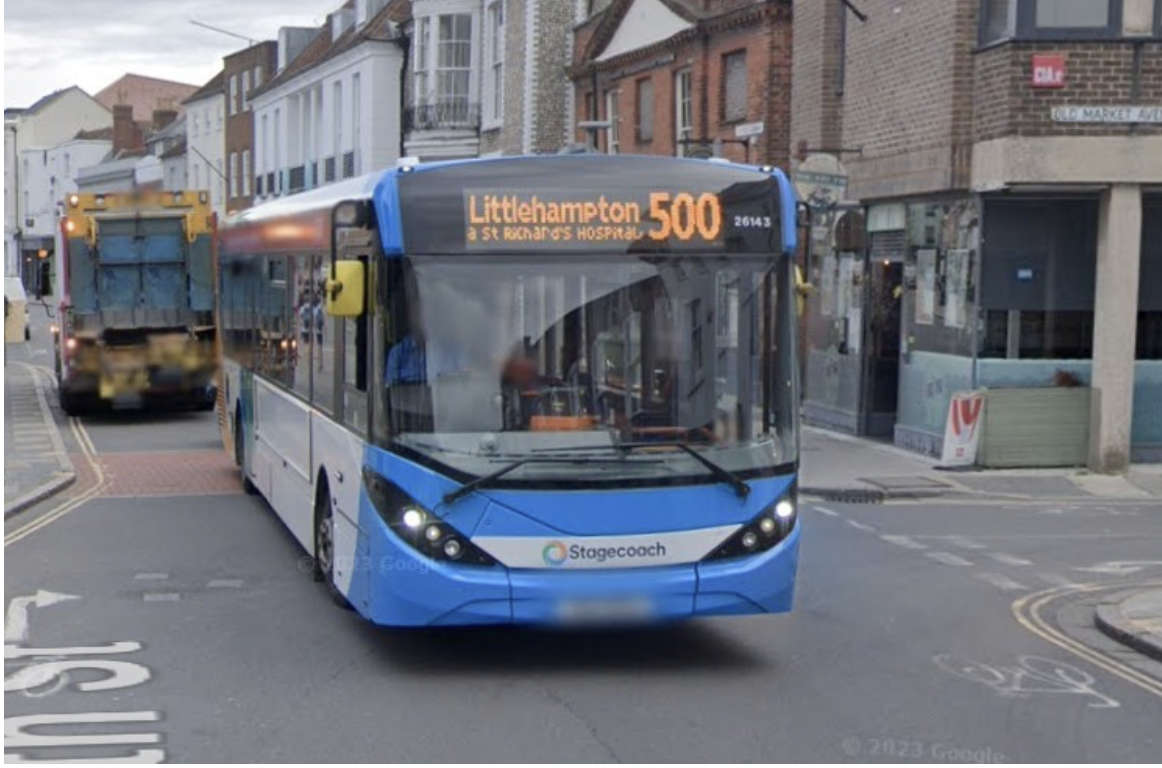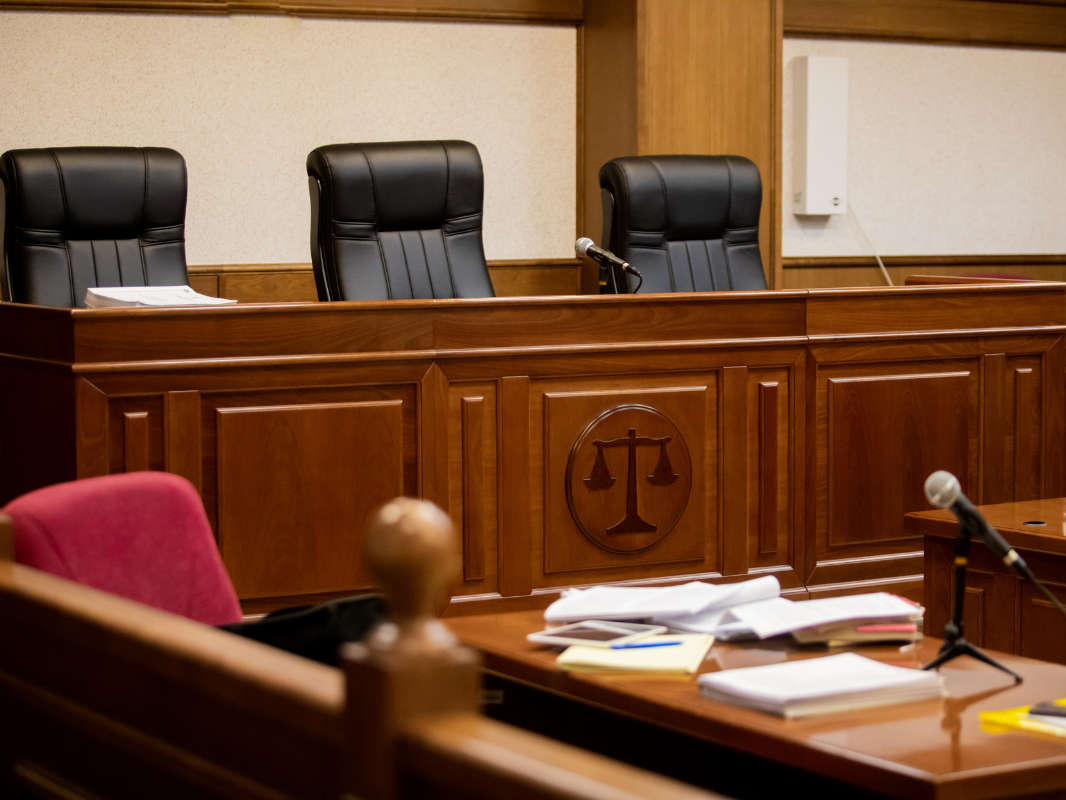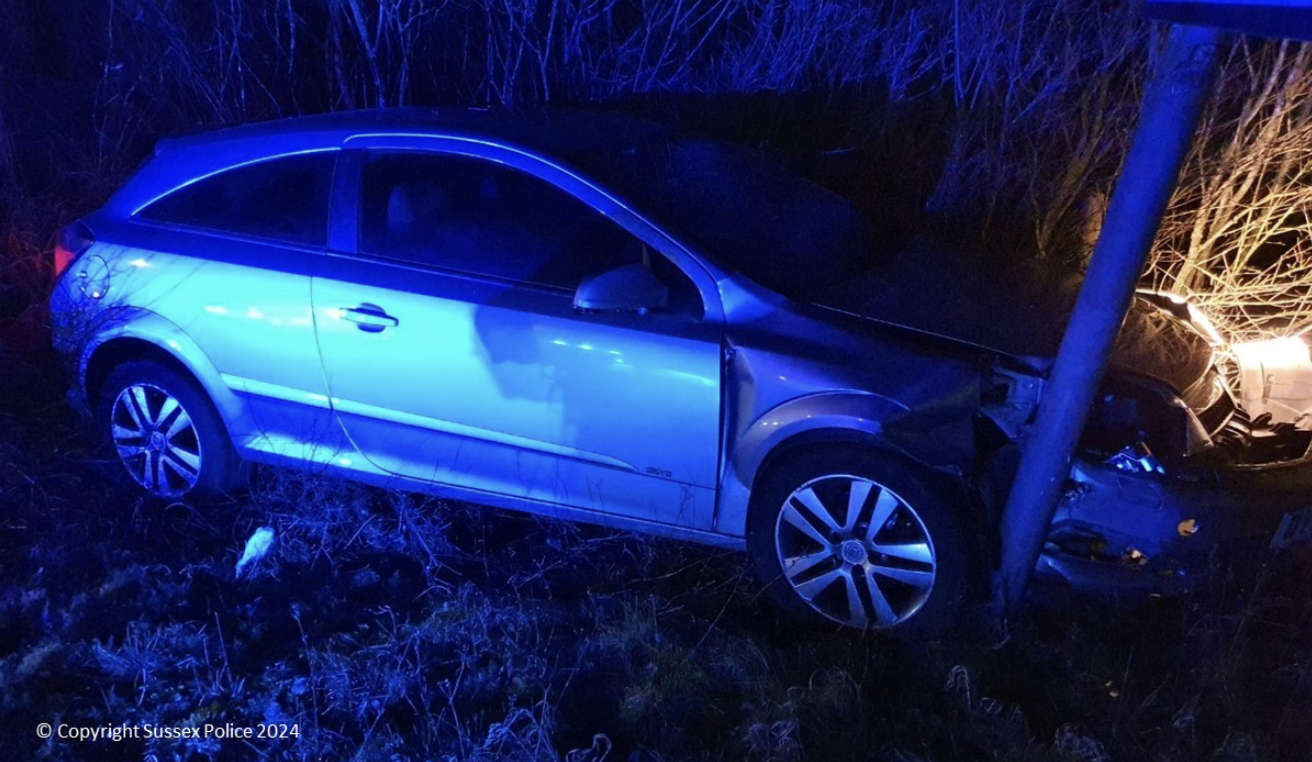
An independent watchdog is praising Sussex Police for how it's handled the Covid-19 crisis.
In a report today, inspectors said the county's service took care to train staff and volunteers to look for signs of neglect or abuse among people they help.
But police everywhere were also told they should immediately check how they're managing registered sex offenders, as some restrictions continue.
And, in comments about policing in general, inspectors acknowledged that forces throughout England and Wales had sometimes had difficulty in distinguishing between legislation and guidance in their approach to restrictions brought about by the pandemic.
The inspectorate acknowledged the criticism some forces faced for their interpretation of lockdown restrictions, including undertaking road checks to identify unnecessary journeys, drone surveillance, and court summons for non-essential shopping or excessive exercise.
While these actions were viewed by some as heavy-handed or inconsistent, inspectors said they'd been assured that police forces had learnt from these instances and in general did well to maintain public trust.
Her Majesty's Inspectorate of Constabularies and Fire and Rescue Services (HMICFRS) staff also said, after a detailed inspection of Sussex Police, the organisation had been careful to communicate properly with its own workforce.
It noted that the county's service had:
"...introduced WOW – Wellbeing on Wednesday – a forum both to inform staff and find out about their needs and concerns.
"Subjects included sleep deprivation, financial worries and other targeted and practical wellbeing messages."
Based on an inspection of policing between March and November 2020, Her Majesty’s Inspectorate of Constabulary and Fire & Rescue Services (HMICFRS) said that although there were some inconsistencies, in general police forces took "immediate and decisive action" to respond to the extreme circumstances of the pandemic.
HMICFRS found that during the first lockdown the demand on policing changed.
There were fewer reports of some crimes such as theft and robbery, and an increased need to support the work of other frontline services as well as enforcing lockdown restrictions.
This change meant forces utilised their resources differently.
For example, some forces were able to clear backlogs of outstanding arrest warrants.
Inspectors also found that the fast-paced announcement and introduction of new legislation affected some forces’ ability to produce timely and clear guidance for staff.
Her Majesty’s Inspector of Constabulary Matt Parr said:
“In these unprecedented times, the public looked to the police to continue to keep them safe and to keep order.
"While daily life substantially changed for the majority of us, the police were expected to continue to carry out their duties.
“Overall, the police rose to the challenge with dedication and commitment by taking immediate and decisive action to keep people safe and prevent crime, while also learning lessons from the rare occasions that they got it wrong.
“We know that police officers are on the frontline of COVID-19, with some tragically losing their lives to the virus.
"I offer our condolences to all those who have lost relatives, friends or colleagues.
“We have made recommendations to help the police improve their response to the pandemic, and to prevent existing issues in policing being made worse.
"The police, the criminal justice system and government need to work together to solve these problems.”
The inspection found that police forces introduced new ways of working during the pandemic that could provide future benefits to policing, such as incorporating video conferencing technology in order to continue working with local safeguarding services.
However, the watchdog added that some of the new ways of working adopted by police forces during the pandemic may not be right for the long-term.
For example, to reduce infection risks some forces initially screened out more crimes that were unlikely to be solved, dealt with more victims indirectly, or reduced their in-person visits to offenders.
HMICFRS said that while these changes were sensible at the beginning of pandemic, forces should consider the effect they could have on the public.
HMICFRS made several recommendations to police forces, including:
- Forces must immediately make sure that police officers understand and correctly implement guidance for managing registered sex offenders during the pandemic
- Forces must immediately ensure they are following self-isolation guidance when staff come into contact with someone with coronavirus symptoms
- Within six months, forces must assess the sustainability of any temporary measures made during the pandemic that change the way they work


 Council Calls On West Sussex Residents To Consider Fostering
Council Calls On West Sussex Residents To Consider Fostering
 Meghan, Duchess Of Sussex, Says Nigeria Is 'My Country' On Visit With Prince Harry
Meghan, Duchess Of Sussex, Says Nigeria Is 'My Country' On Visit With Prince Harry
 Two Men Wanted In Connection With Hastings Fatal Collision
Two Men Wanted In Connection With Hastings Fatal Collision
 M25 Reopens Seven Hours Ahead Of Schedule
M25 Reopens Seven Hours Ahead Of Schedule
 More 'Live' Bus Information Screens To Be Installed In West Sussex
More 'Live' Bus Information Screens To Be Installed In West Sussex
 Rare Bee Found In Lewes
Rare Bee Found In Lewes
 Event Bookings Go Live For Worthing Festival ‘24
Event Bookings Go Live For Worthing Festival ‘24
 Man Charged After Throwing Brick Through Brighton Restaurant Window
Man Charged After Throwing Brick Through Brighton Restaurant Window
 Peacehaven Man Disqualified Over High-Speed A27 Pursuit Near Brighton
Peacehaven Man Disqualified Over High-Speed A27 Pursuit Near Brighton
 Appeal After PCSO Assaulted In Uckfield
Appeal After PCSO Assaulted In Uckfield